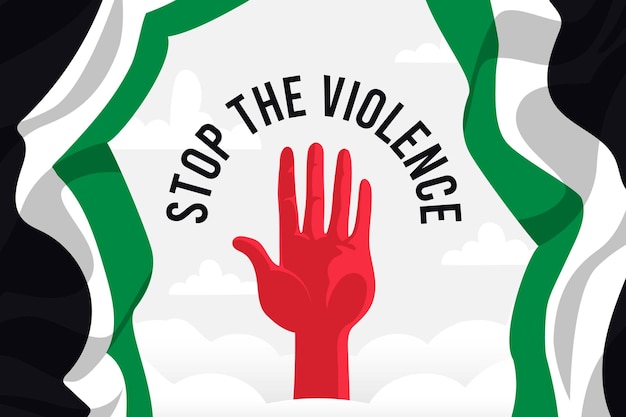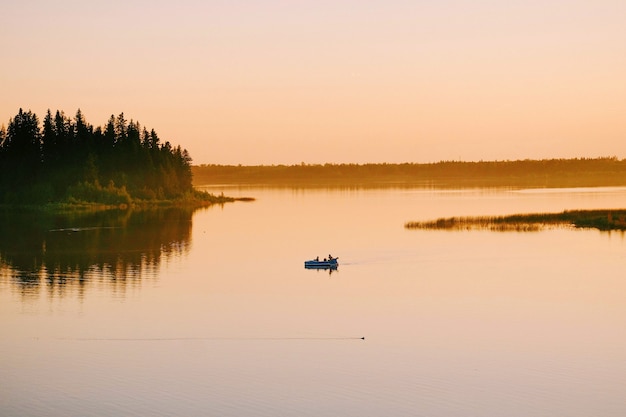Facts about Libya – Unveiling the Land of Ancient Civilizations and Vast Deserts

Libya is the fourth largest country in Africa.
Libya has the longest coastline in Africa, stretching over 1,800 kilometers.
The official language of Libya is Arabic.
Libya has a rich historical heritage, with evidence of human habitation dating back to at least 8,000 BC.
The ancient city of Leptis Magna, located in Libya, was one of the most important trading cities in the Roman Empire.
Libya is home to the largest desert in the world, the Sahara Desert.
The Great Man-Made River, an artificial river system, supplies fresh water from underground aquifers to cities across Libya.
Libya is known for its rich oil reserves, making it a major player in the global oil industry.
Libya is home to a diverse range of ethnic groups, including Arabs, Berbers, Tuaregs, and Tebu.
Libya gained its independence from Italy in 195
Libya has a Mediterranean climate, with hot summers and mild winters.
The Libyan flag consists of three horizontal stripes – red, black, and green – with a white star and crescent in the center.
The capital city of Libya is Tripoli, which is also the largest city in the country.
Libya has a population of approximately 6.8 million people.
Libyan cuisine is known for its use of spices, especially in dishes like couscous and bazeen.
The ancient ruins of the city of Sabratha, a UNESCO World Heritage Site, are located in western Libya.
Gaddafi Stadium, one of the largest sports stadiums in Africa, is located in Benghazi, Libya.
Facts about Libya – Unveiling the Land of Ancient Civilizations and Vast Deserts part 2
Libya is home to several ancient rock art sites, showcasing prehistoric drawings and carvings.
The currency of Libya is the Libyan dinar.
Libya has a high literacy rate, with a strong emphasis on education.
The Sahara Desert covers about 90% of Libya’s land area.
The Martyrs’ Square in Tripoli is an important site for political rallies and demonstrations.
Libya has nine UNESCO World Heritage Sites, including the archaeological sites of Cyrene and Ghadamès.
Libyan traditional music is known for its rhythmic beats and poetic lyrics.
The traditional clothing of Libyan women is called a thobe or jalabiya.
Libya has a strong tradition of storytelling, with folk tales and oral histories passed down through generations.
The Libyan desert is dotted with numerous oasis towns, providing water and habitat for both humans and wildlife.
Libyans are known for their hospitality and welcoming nature towards guests.
Traditional Libyan weddings are colorful and festive affairs, often lasting several days.
Libya is home to a significant number of archaeological sites from the Greek and Roman periods.
Libya has a diverse wildlife population, including species like desert foxes, gazelles, and various bird species.
The Green Mountains, located in northeastern Libya, are known for their scenic beauty and hiking trails.
Libyan literature has a rich tradition, with notable authors like Ibrahim al-Koni and Hisham Matar.
The traditional sport of horse racing, known as sousa, is popular in Libya.
Libya has a rich tradition of handicrafts, including pottery, weaving, and leatherwork.
The Libyan desert is popular among adventure tourists for activities like dune bashing and camel trekking.
Libya has a variety of traditional dances, often performed at weddings and cultural festivals.
The traditional Libyan diet consists of locally sourced ingredients like couscous, lamb, olives, and dates.
The ancient city of Ghadames, known as the pearl of the desert, is famous for its unique architecture and traditional festivals.
Libya has a traditional coffee culture, with coffee houses being important social gathering places.
The Aouzou Strip, a region in northern Chad and southern Libya, has been a subject of territorial dispute between the two countries.
Libya has a varied landscape, including mountains, coastal plains, and desert dunes.
The Tadrart Acacus, a mountain range located in southwestern Libya, is famous for its rock art and prehistoric settlements.
Libyan culture is influenced by neighboring countries like Tunisia, Egypt, and Algeria, resulting in a unique blend of traditions and customs.
Libya has a rich tradition of oral poetry, with skilled poets known as hakawatis sharing their verses with audiences.

